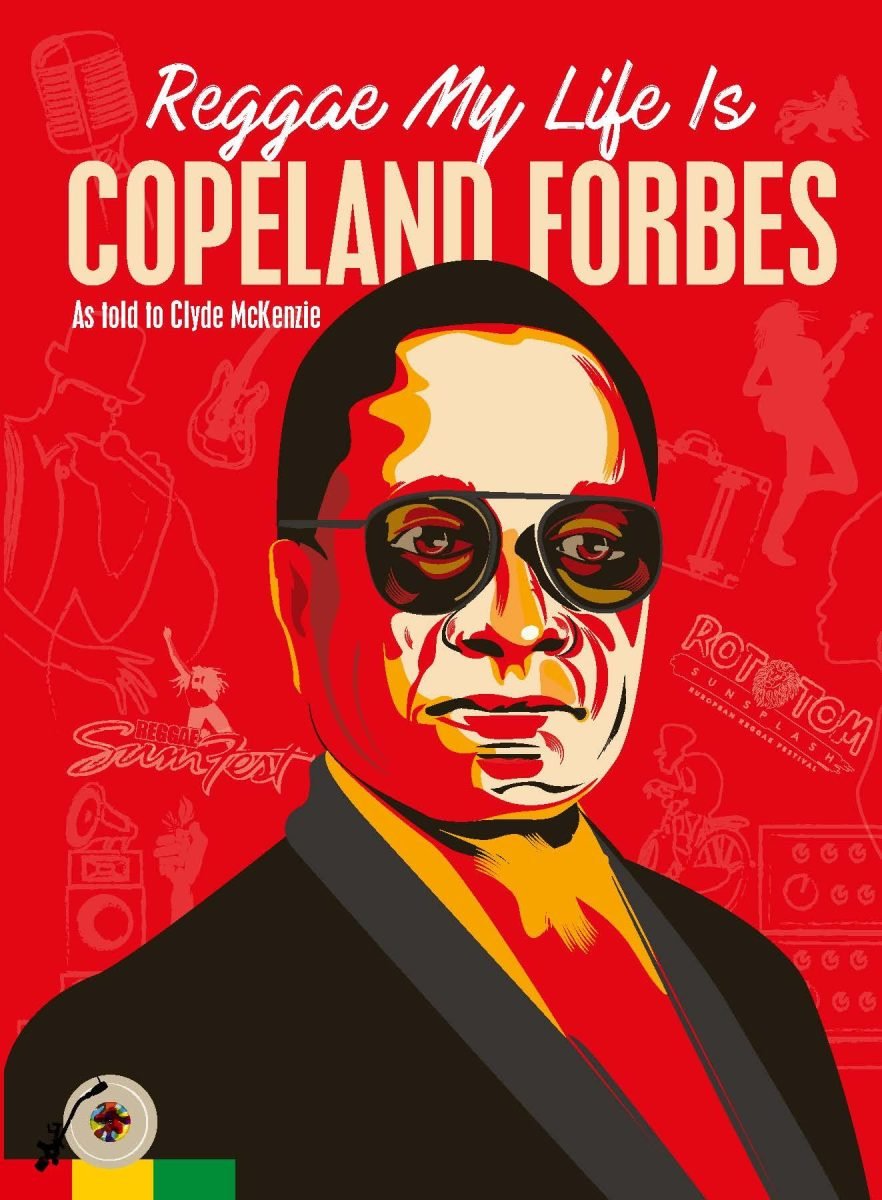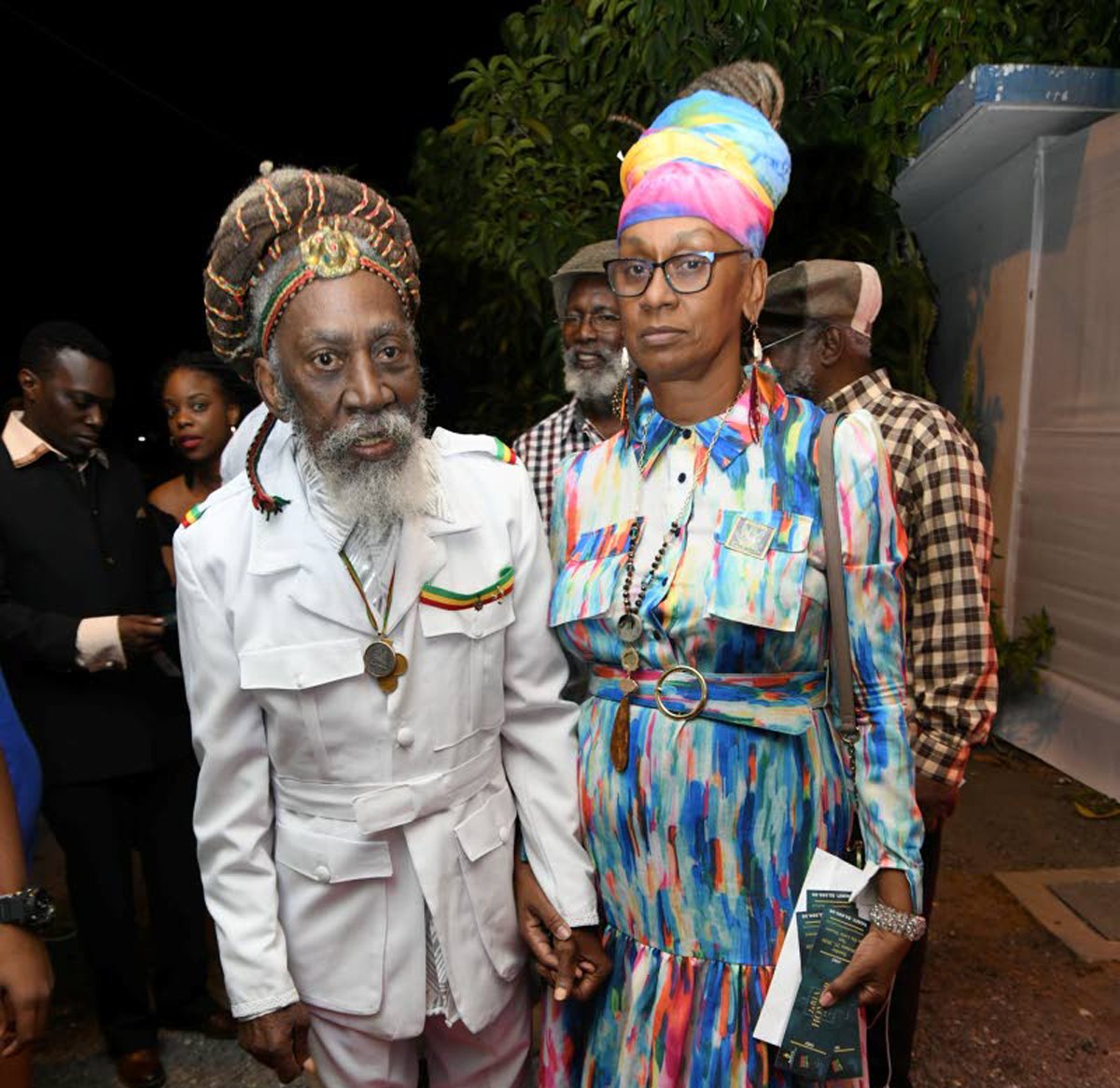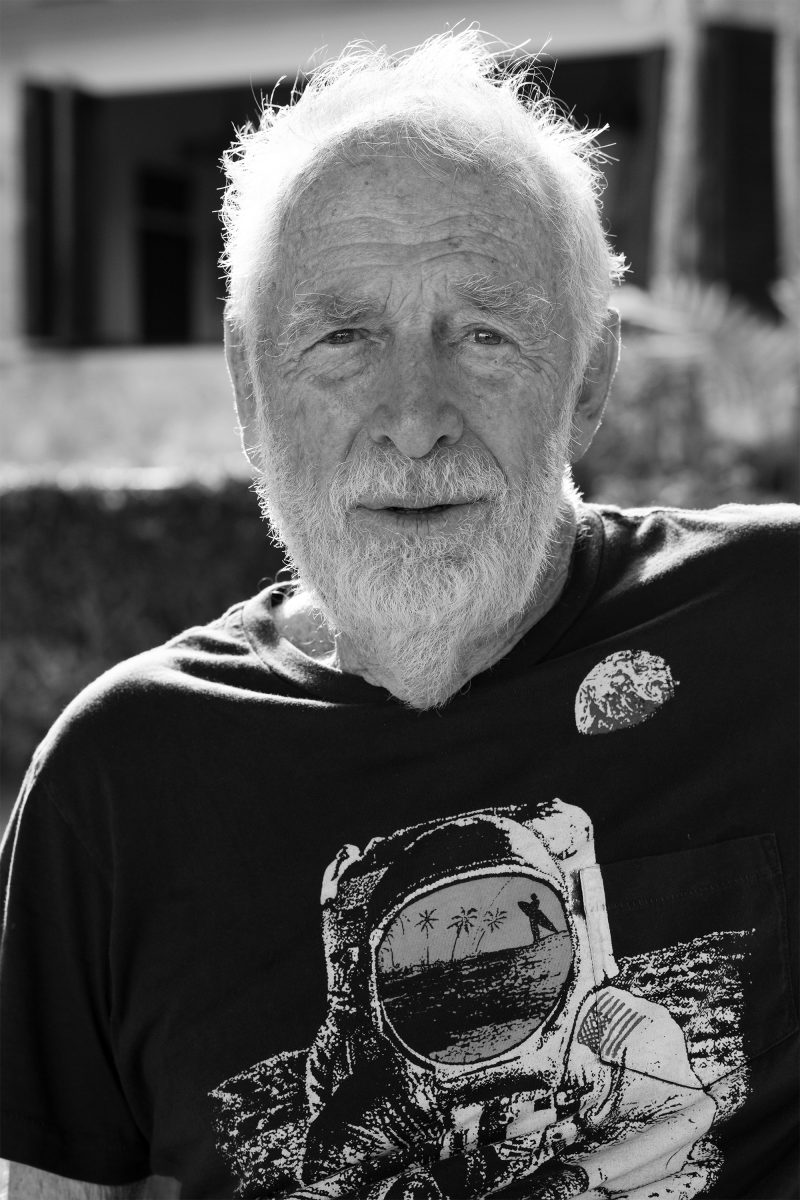Copeland Forbes, Former Manager Of Peter Tosh, Says Bunny Wailer Initiated Break Up Of The Wailers
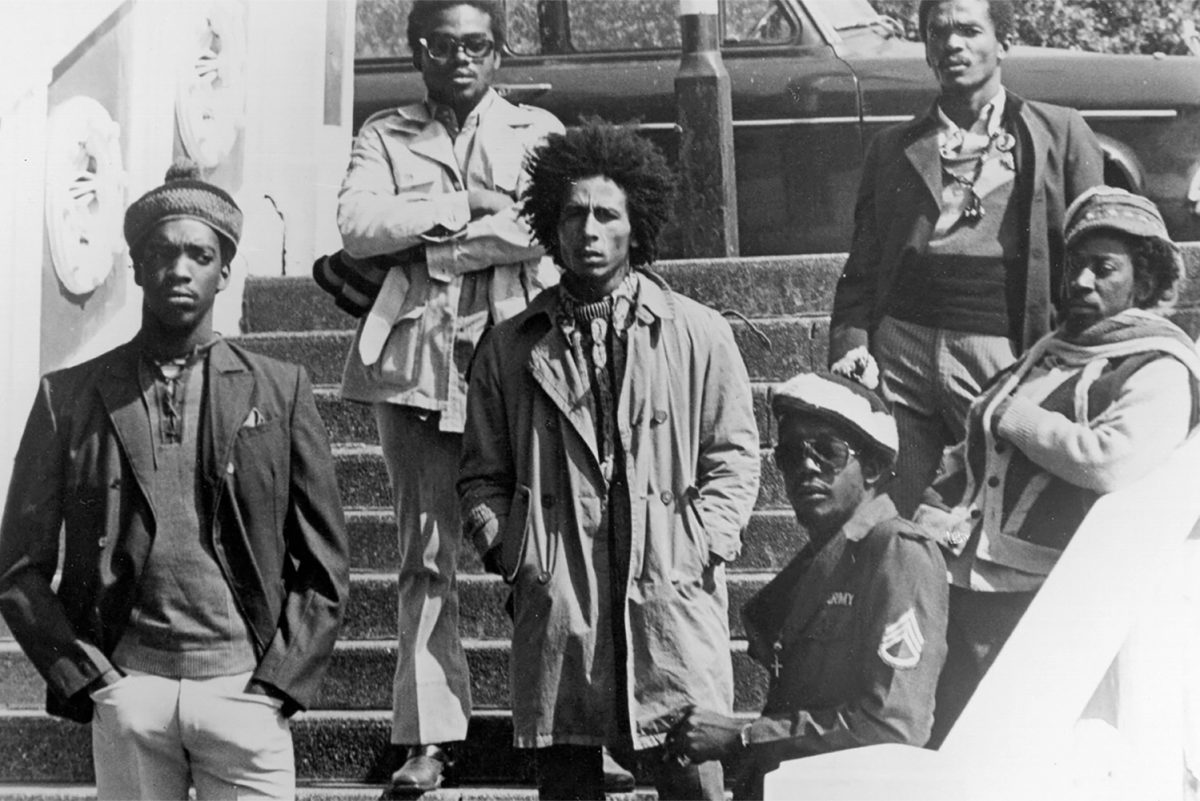
Copeland Forbes, the former manager of Reggae legend Peter Tosh, has rubbished longstanding claims that Island Records founder Chris Blackwell destroyed The Wailers group and has, instead, pinpointed Bunny Wailer as the man who caused the band’s break up.
During a recent interview on The Bridge FM, to promote his book Reggae My Life Is , Forbes was asked about a section in which he stated that while “Bunny fancied himself as the intellectual centre of the group,” Peter, in his estimation and that of many others, was the most erudite, while “Bob (Marley) was the smartest of them all.”
“Yeah, I will forever stick by that. I have lots of things to prove that way, because the break up was initiated by Bunny in 1973 after the first Catch A Fire tour… because he didn’t understand a lot of things like tour support,” Forbes told broadcaster Richie B.
“He (Bunny) told me in his own words, that when they finished the tour they got a financial statement from the record company. And (he asked) ‘how could they owe the record company, is not the record company work, is dem work’? But they don’t understand – a new group goes through that, and you get a tour support for the group, so every tour you do, you get a financial statement so you can know much money is being spent on you,” he added.
Continued Forbes: “So he took that personally in the opposite way, but because he didn’t understand it, so he quit the group. And he even tried to get Peter to quit too at that time, and Peter’s girlfriend Yvonne – the one that died in the car crash – said ‘no, just continue to do your work’”.
According to Forbes, in an ensuing US tour, with Bunny having left, “we had to bring in Joe Higgs to fill in for the missing Bunny Wailer thinking that he may come back at a later stage which he never did so that led to the break-up there.”
Maxine Stowe’s Claims: Intellectual Property Rights and the Rebranding of The Wailers’ Work
In March 2021, attorney-at-law Maxine Stowe, who served as Bunny Wailer’s manager up to the time of his death, had said during a Television Jamaica interview, that the singer was disillusioned by the manner in which Chris Blackwell erased himself and Peter Tosh, brushed them aside, and rebranded their collaborative works, to which they have intellectual property rights, as solely Bob Marley’s.
Stowe had also said that Bunny’s “issue with Blackwell was how he took Bob Marley and the Wailers name, the title, and redid the works of the Wailers and removed their image and just put Bob’s image.”
However, during the Bridge FM interview, Copeland Forbes dismissed this assertion. He also pointed out that claims that Blackwell re-named the group “Bob Marley and the Wailers” were untrue, as the trio had been using that name long before they even met Blackwell.
“So this myth about that Chris Blackwell broke up the group and give the name Bob Marley and the Wailers is incorrect. Cause they’ve been using Bob Marley and the Wailers from in the early 60s even when they had their own label Wail N and Soul M and Tuff Gong records, Bob Marley and the Wailers has been written there. So it had nothing to do with Chris. They didn’t meet Chris till ‘72 when they got stranded in England and they’ve been using it from ‘66, ’67,” he said.
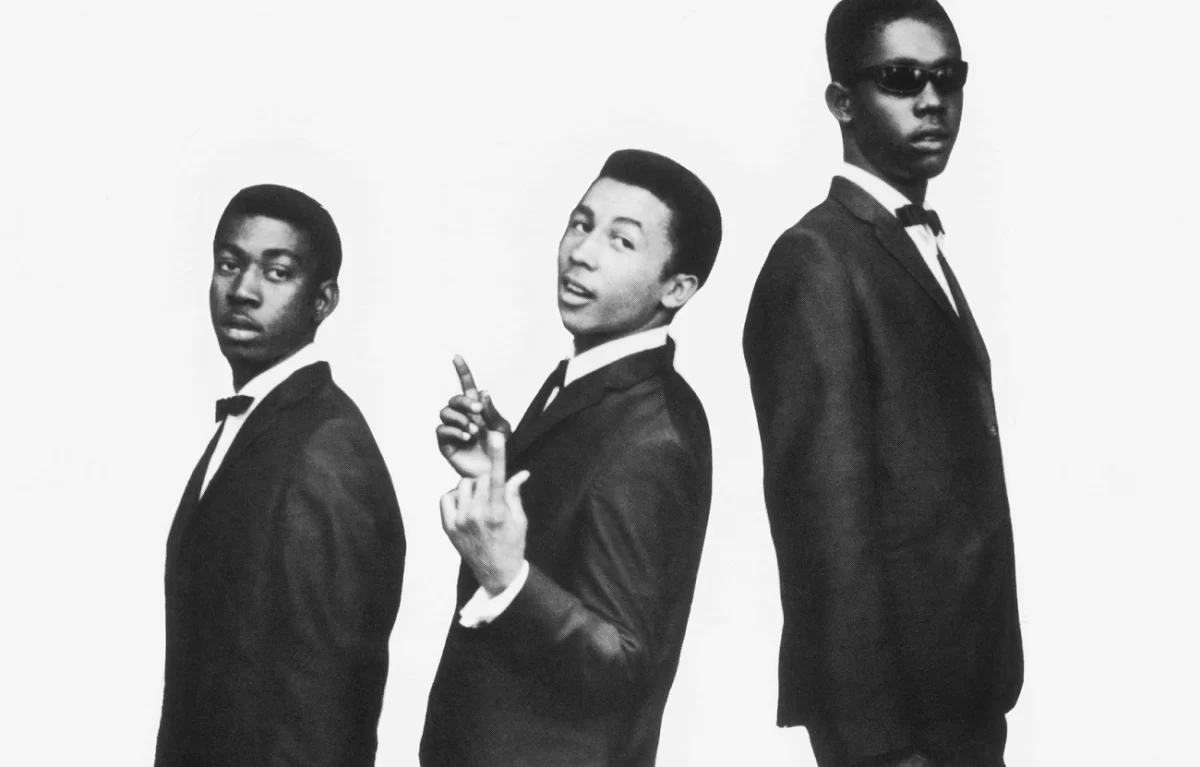
The Wailers started out as a sextet in 1963, and later melded into the trio of Bob, Peter, and Bunny in 1966.
Together they gave the world classics such as Trench Town Rock, Simmer Down, Stir It Up and Get Up, Stand Up and Nice Time, before each of the three went solo in 1974.
In February 2010, Rastafarian attorney-at-law Miguel Lorne, whilst speaking at a Peter Tosh Symposium at the University of the West Indies, had also blamed Blackwell for ‘mashing up’ The Wailers, by devaluing Bunny Wailer and Peter Tosh’s equal role in the ascension of the trio.
According to Lorne, because Bob was bi-racial, Blackwell found it easier to package and promote him to “especially to the North American and European market than having these two other black persons there.”
Lorne had said that the fragmentation of The Wailers “in the sense of division among Bob, Peter and Bunny, really hurt Peter Tosh” who was so upset with what transpired, that he began referring to Bob as “the white man son”.
“He saw through Blackwell’s tricks. Blackwell helped to break-up the group on the basis that Blackwell felt that he could market Bob Marley to the world. But when he said the world, he really meant the white world,” Lorne had said.
“He wanted, more or less, that if Peter and Bunny Wailer stayed, they would more or less be appendages, to sorta prop up Bob. Naturally they couldn’t accept that type of a status. They continued as brothers, so when Peter Tosh referred to Blackwell as Whitewell, well it wasn’t just another joke. Peter saw true the racism that Blackwell was now introducing into the music general,” he stated.
Lorne had said that when he asked Tosh, why was he so bitter against Marley, the Mystic Man told him that the Small Axe singer should not have agreed to the deal with Blackwell, based on the struggles the trio had endured.
Chris Blackwell’s Memoir: Denying the Accusations
In his memoir Islander: My Life in Music and Beyond, which was released in June last year, Blackwell had also denied the assertions that he sidelined Bunny Wailer and Peter Tosh in favor of Marley because the Gong was half-white.
The English music producer, who turns 85 in June, described the accusations as untrue and misdirected. Nevertheless, he said that he, being a white man, understood the misgivings Peter and Bunny had about him due to the antecedents of other producers.
“Peter Tosh didn’t like me. He suggested I favoured Bob because Bob was half-white, with an English-born father. Behind my back, he referred to me as ‘Whitewell’ and ‘Whiteworst’,” Blackwell noted.
“All I can say is that his suspicions were misguided…,” Blackwell noted in the memoir.
In February 2010, director/curator of the Jamaica Music Museum at the Institute of Jamaica, Herbie Miller, in ruing the erasure of Tosh and Bunny, said it occurred via “clever record company public relations and publicity personnel and other interest parties that distort reggae music’s reality, purposely or innocently.”
In his opinion piece in The Gleaner titled Re-empowering the Unsung Wailers , Miller had said the original Wailers – primarily Bob Marley, Bunny Livingston and Peter Tosh, but at times included Junior Braithwaite, Beverly Kelso, Cherry Green, Rita Marley and Constantine ‘Dream’ Walker – is a paramount and instructive case.
According to him, it seeks to “position Bob in the public consciousness morning, noon and night” and that “what was implied is that this would be done without much, if any, mention of the others who have been part of the group”.
“This is the kind of mindset that is cultivated if Bob Marley continues to be positioned in the public consciousness at the expense of the other principal members of the original Wailers, the group which, in my opinion, is Jamaica’s finest,” he added.

